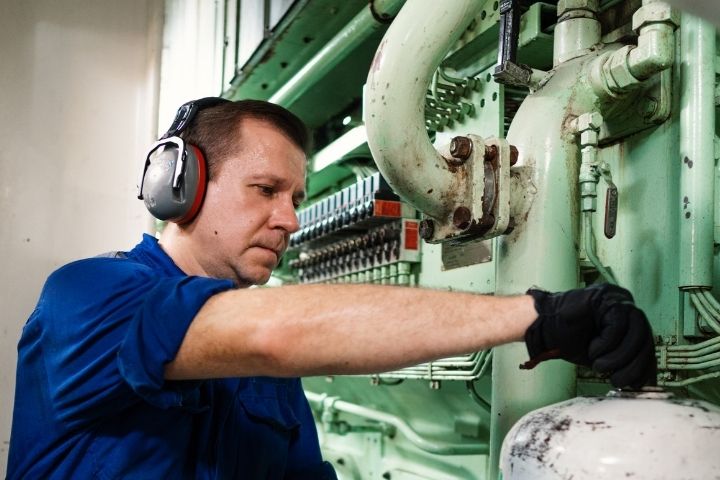MCA
MCA Training
Stream Marine Training provides industry leading MCA training. Browse the courses below to get started.

5 Days
£594.00 excl. VAT

3 Days
£412.00 excl. VAT

1 Day Webinar
£258.00 excl. VAT

2 Days Webinar
£495.00 excl. VAT

0.5 Day
£205.00 excl. VAT

0.5 Day Webinar
£205.00 excl. VAT

1 Day Webinar
£154.00 excl. VAT

1 Day
£195.00 excl. VAT












